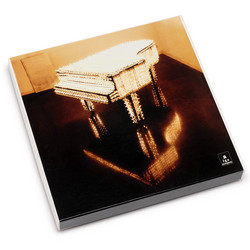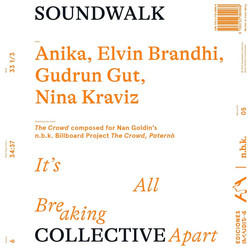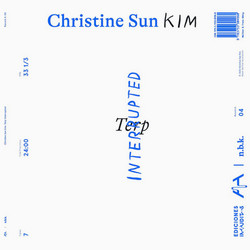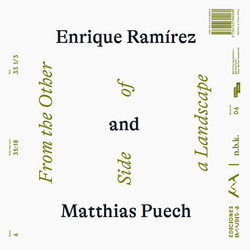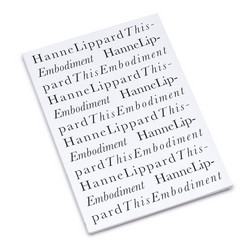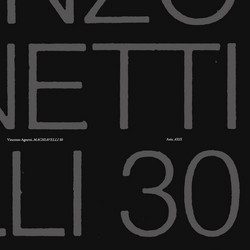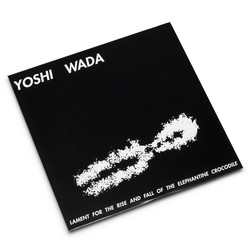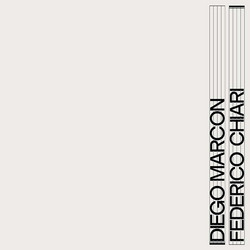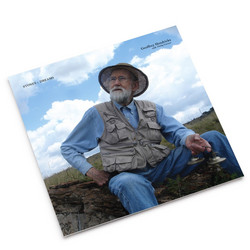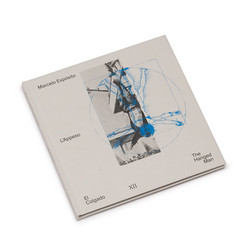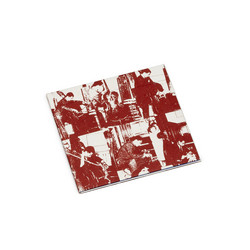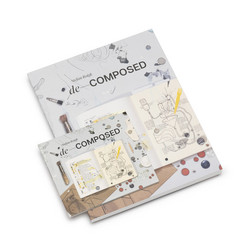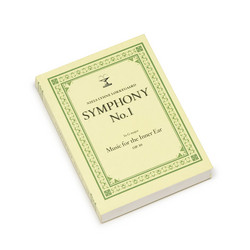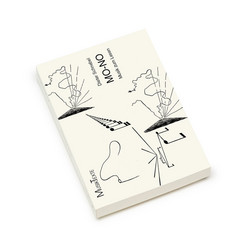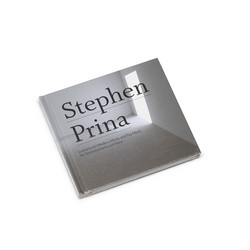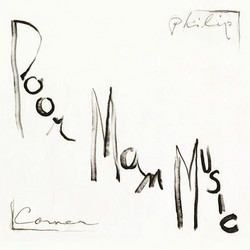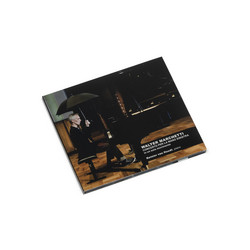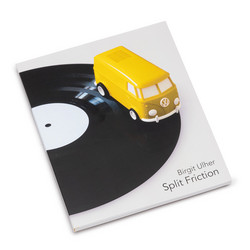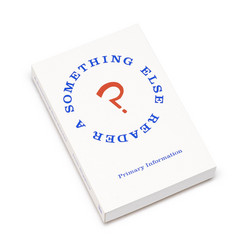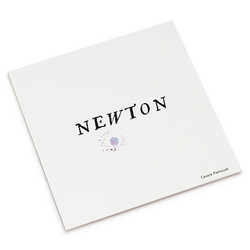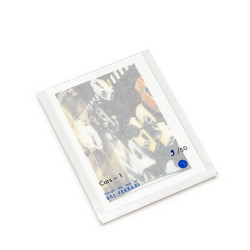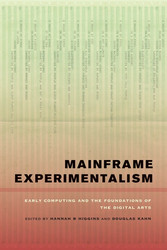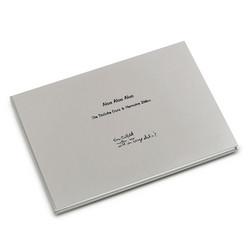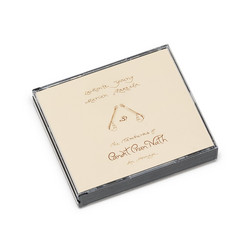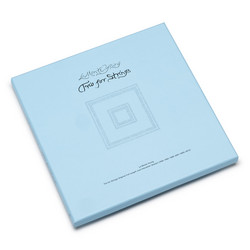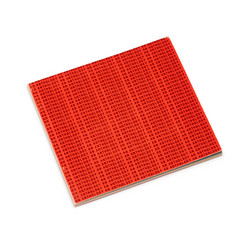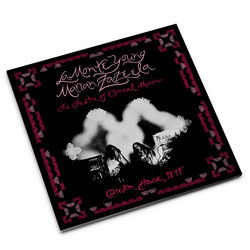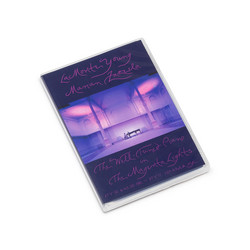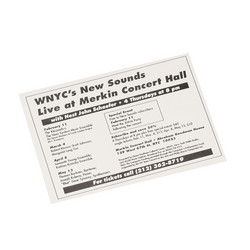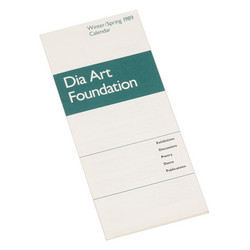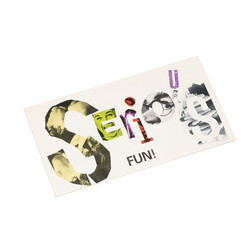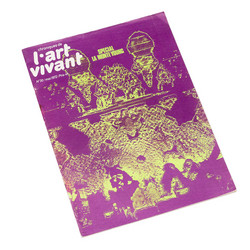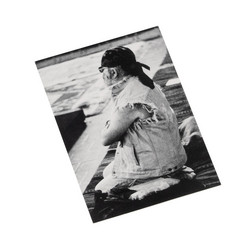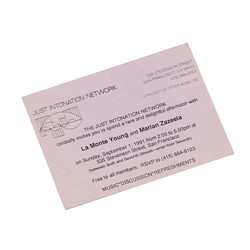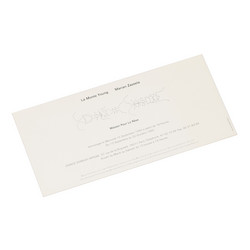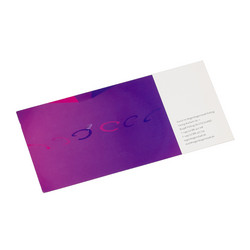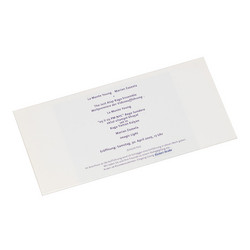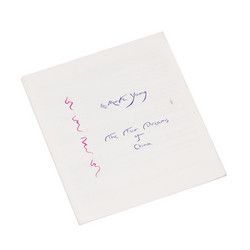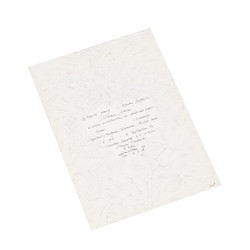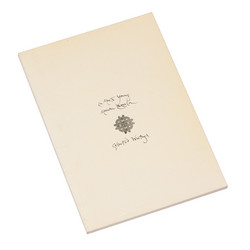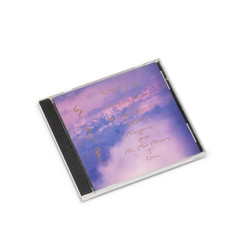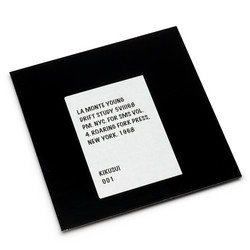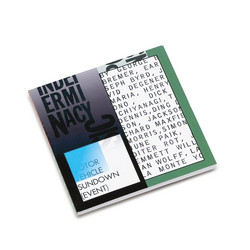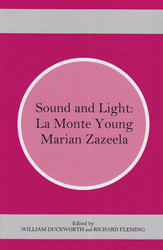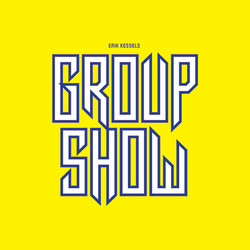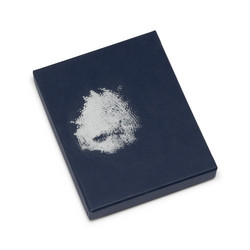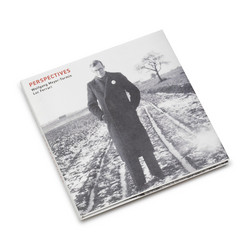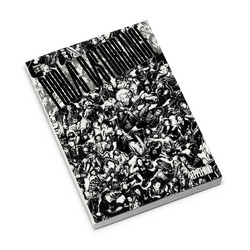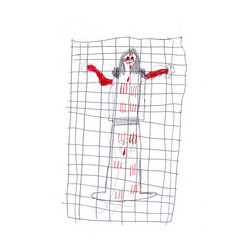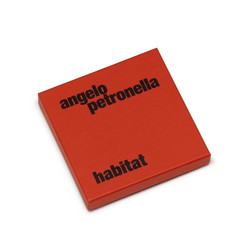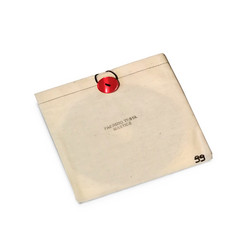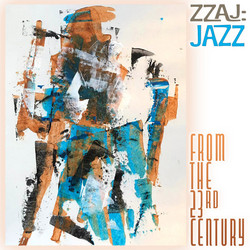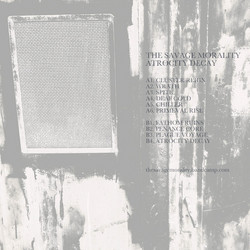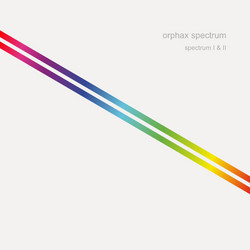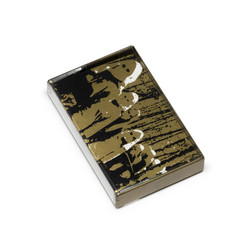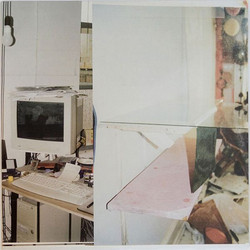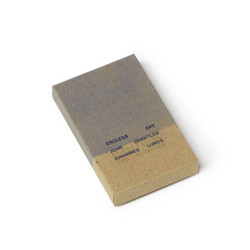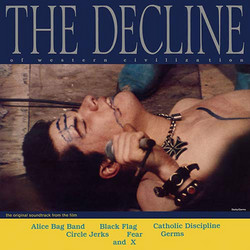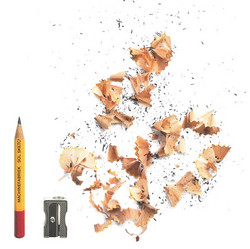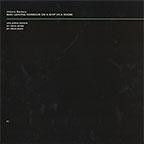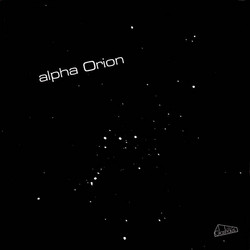La Monte Young
An Anthology
* Artist's book, letterpress and offset printed. Original copies of this seminal fluxus book, in perfect condition after over 50 years * Edited by La Monte Young in 1961, designed by George Maciunas, and published in 1963, An Anthology contains contributions by more than a dozen artists, many of whom would become associated with Fluxus. An early manifestation of the genre of artists’ books —books in which the content is the artwork— An Anthology contains a diverse array of contributions, including musical notation, visual and concrete poetry, graphics, instruction–based works, and essays. A complex happening is also covered in An Anthology edited by La Monte Young, New York (1963). This book is a concrete manifestation of 'cool nonformalism', particularly in relation to natural and technological media. It was in this context that Walter de Maria published Art Yard (1960), On the importance of the natural disaster (1960), and Meaningless Work (1960) three texts in which the use of super technological and macro-natural media, such as bulldozers and natural catastrophes, coincide with a work of art, a work of mental processes, of thought, which finds in the book an immediate actuality.

The book is a diagrammatic and conscious expression of an event which takes place, or could take place, such as a tornado, or a flood, an earthquake, or a fire; from a specific angle de Maria imposes an understanding of the events as works of art, or as a communication media.

The book can also be a 'meaningless work', existing in any possible form, at any time, and which can touch art of philosophy or reality, history or time, either totally or not at all, without the form presenting any limitations. In these texts de Maria unites concept with presentation, and makes an art to be read, in the same way as Simone Forti gives instructions to dancers, or Diether Rot makes poetry to be felt, by means of his 'white page with holes'.

La Monte Young works in the same area with his music to be perceived through reading his composed instructions, such as compositions (1960), from 2 to 6, or actions such as 'Compositions' 9 to 15."
"“In 1961 Flynt coined the term concept art in the Neo-Dada, proto-Fluxus book An Anthology of Chance Operations (published by Jackson Mac Low and La Monte Young) that was released in 1963. An Anthology of Chance Operations contained seminal works by Fluxus artists such as Al Hansen, George Brecht and Dick Higgins. Flynt’s concept art, he maintained, devolved from cognitive nihilism, from insights about the vulnerabilities of logic and mathematics. Drawing on an exclusively syntactical paradigm of logic and mathematics, concept art was meant jointly to supersede mathematics and the formalistic music then current in serious art music circles. Therefore, Flynt maintained, to merit the label concept art, a work had to be an object-critique of logic or mathematics or objective structure.” It has nothing to do withconcept art as the term is used to describe a form of illustration in the realm of the digital arts.”" Wikipedia

contents:
George Brecht: Indeterminacy Music Compositions
Claus Bremer: Poetry
Earle Brown: Music essays
Joseph Byrd: Music Poetry
John Cage: Excerpt from 45’ for a speaker
David Degener: (senza titolo)
Walter De Maria: Compositions essays
Henry Flynt: Concept art essays
Yoko Ono: Poetry
Dick Higgins: Mathematic compositions
Toshi Ichiyanagi: Music
Terry Jennings: Music
Dennis (Johnson): Plans of action
Ding Dong: Music
Ray Johnson: Poetry
Jackson Mac Low: Change operations
Richard Maxfield: Essays
Simone Forti: Dance report
Nam June Paik: Essay
Terry Riley: Music
Diter Rot: White page with holes. Poetry
Emmett Williams: Poetry
Christian Wolff: Music
La Monte Young: Compositions
